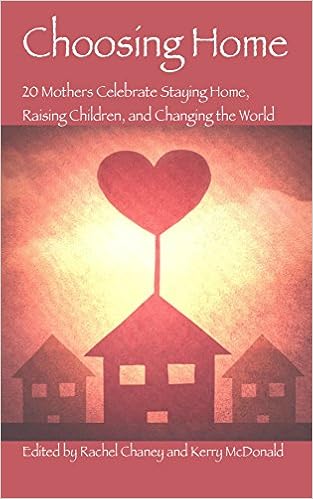"We can best help children learn, not by deciding what we think they should learn and thinking of ingenious ways to teach it to them, but by making the world, as far as we can, accessible to them, paying serious attention to what they do, answering their questions -- if they have any -- and helping them explore the things they are most interested in." ― John Holt
What is unschooling and how does it compare to homeschooling?
The short answer is that all unschoolers are homeschoolers but not all homeschoolers are unschoolers. In fact, it's estimated that only about 10% of homeschoolers in this country are unschoolers, but that number is steadily growing.
Broadly defined, unschooling means placing the highest priority on self-directed learning by avoiding packaged curriculum and using the world as our classroom. In this way, it is different from traditional "school-at-home" homeschooling which brings schooling formats, expectations, and curriculum to the home, and "eclectic" homeschooling, which means using packaged curriculum for some subjects (math, for instance) but not others.
Unschoolers agree on one thing: curriculum hampers natural learning. Beyond that, we're a ragtag bunch.
Some unschooling families categorize themselves as "radical unschoolers," who extend the concepts of unschooling beyond learning to all aspects of living. Check out the work of Sandra Dodd and her Big Book of Unschooling for more about this lifestyle. Some unschoolers prefer the term "life learners" to capture the essence of learning without schooling. As the excellent article in last fall's issue of Cincinnati Magazine states: "For unschoolers there is no deferral -- life is now and education is forever." Explore Life Learning Magazine for great articles and resources, and Laura Grace Weldon's book, Free Range Learning: How Homeschooling Changes Everything.
The term "unschooling" was coined by the legendary educator, John Holt. His influential books, How Children Fail (1964), and later, How Children Learn (1967), exposed the inherent flaws of institutionalized learning and similar "school-at-home" approaches. He once said: "What is most important and valuable about the home as a base for children's growth into the world is not that it is a better school than the schools, but that it isn't a school at all."
On this blog's Facebook page, a reader asked me recently if I thought she would be considered an "unschooler" because her child takes classes, that he chooses, several times a week at a self-directed learning center for homeschoolers. I can't speak for all unschoolers, but many families who identify as unschoolers do this. The key to unschooling is not that children don't take structured classes or sometimes learn specific things from an instructor; the key is that they choose to do it (and to stop doing it if they want), and their parents help to facilitate--not direct--their learning by identifying their interests and connecting them to community resources.
Whole family learning is the term I use to describe our version of unschooling. We value and nurture the individual passions and gifts of each of our children, and connect them to individual classes and mentors as appropriate. At this point in time our world revolves around our family and we make it a priority to spend much of our time learning together, rather than apart. Right now, we learn together from the people, places, and things in our community, including museums, libraries, parks, beaches, trails, farms, gardens, interesting neighbors, weekly homeschool park days, civic events, gatherings with friends and extended family -- and of course, home.
Semantics aside, my best advice for deciding what kind of unschooler you are is simply to trust the process of natural, self-directed, non-coercive learning. Dr. Peter Gray, Boston College psychology professor and author of Free To Learn, writes: "Learning is so easy, and such fun, when it occurs naturally. We make learning hard and dreary in our classrooms by depriving children of the opportunity to use their natural ways of learning and by replacing them with coercion."
Discover the joy of natural learning and you'll never go back.
























No comments:
Post a Comment
Note: Only a member of this blog may post a comment.